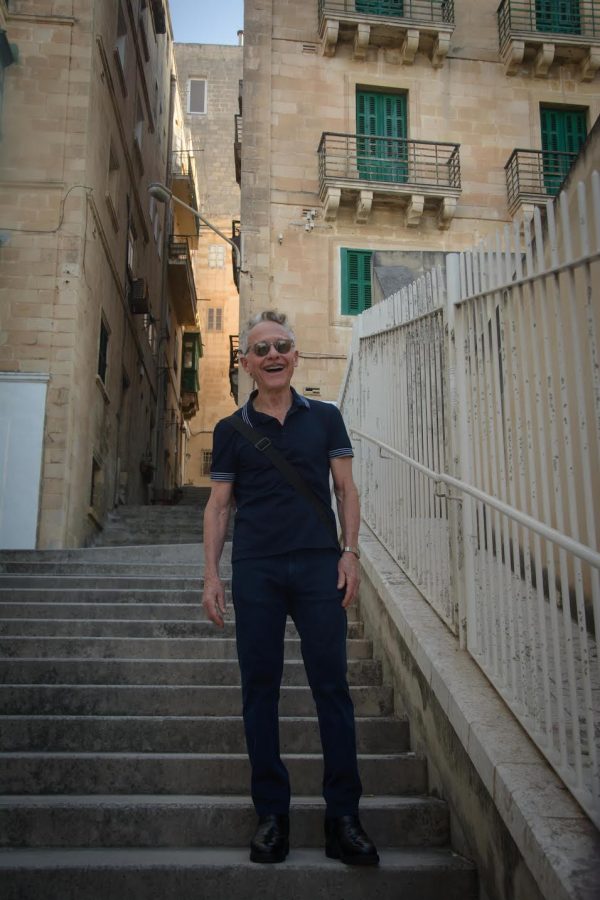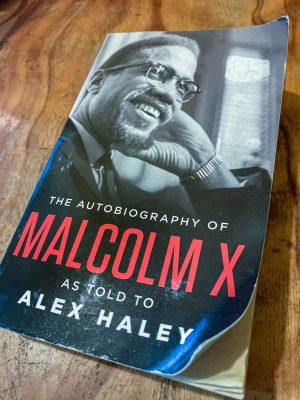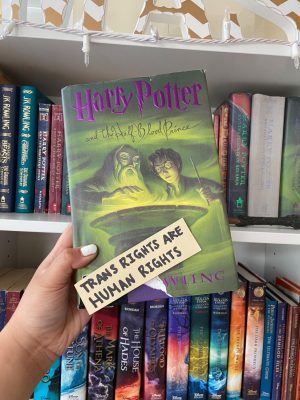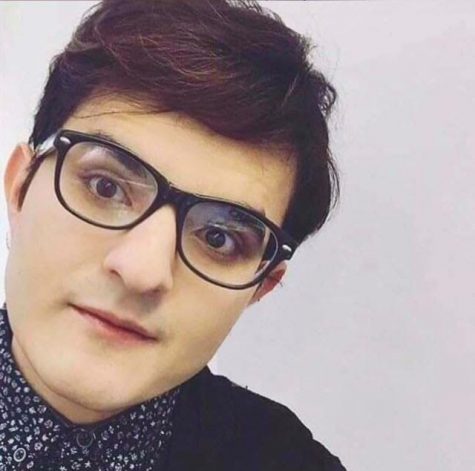Rewriting Fiction: How a Fordham Alum Is Redefining the Genre
COURTESY OF JOSEPH ROCCASALVO
“I like to think that the people who read me are entertained and come away with a deeper sense of what life is about and how to be a better person,” said Roccasalvo.
July 31, 2020
Joseph Roccasalvo, B.A. Fordham College at Rose Hill (FCRH) ’64, M.A. FCRH ’65, a writer of novels and short stories, has been named Top Fiction Writer of the Year by the International Association of Top Professionals (IAOTP). A full-time writer since 2020, Roccasalvo, who once was a Fordham professor, is still an active mentor. He explained how he considers writing and mentoring related activities, with one balancing and fostering the other. He described himself as an introvert with an ability to see and feel as others do. While speaking, he interjected my name as a vocative expression into some of his usually long sentences. His voice was affable and friendly, and he laughed occasionally. He sounded pleased when I mentioned the story, which I tend to overuse, of Samuel Beckett’s choice to write in French as a means to be ill-equipped. We talked about how the limited human condition may offer a way forward. “Always look to see how you can give more,” he said. “I think generosity of spirit is a great way to learn.” At some point during the conversation, because I had mentioned, almost en passant, that I also write fiction, he tells me that I can use anything he has said.
The Observer (O): Your fiction is filled with figures that seem to come from your own life: oriental scholars, novelists, classics professors, theologians, Jesuits, characters with ties to Harvard … Do you consciously engage in an exercise of autofiction? To what extent do you use fiction in the service of a search for self?
Joseph Roccasalvo (JR): I think people want to be told stories. While it is true the characters explore aspects of my experience, I think — as a former teacher and as a current mentor — I have always wanted to instruct and entertain, and I think my way to do that is to engage aspects of my personality; if in the process I disclose who I am or come to terms with myself, that’s terrific. But I don’t write exclusively to get at myself. I am very eager to communicate. I like to think that the people who read me are entertained and come away with a deeper sense of what life is about and how to be a better person. But at the same time, I try to characterize a particular situation or create a character that in some sense is struggling in a way similar to what I am struggling with. I feel by using fiction that I am to some degree solacing myself. It doesn’t always work that way, but there is no question that if I am trying to help my audience, I am also trying to help myself. I think that every artist does that as they create physical images: As a sculptor, as a painter, they are all trying to produce something outside themselves that collapses the world within and they are trying to colonize it. And I think after this they arrive at some kind of resolution. I usually say that most of my characters arrive at a “muted Alleluia.”
O: In “The Mansion of Limbo,” you seem to be playing with a priori elements: What the reader knows is implausible turns into an arguable, and later incontestable, truth. Are you depicting here some form of revelation or transformation?
JR: Yes, there is something about starting off with almost an impossible premise. For instance, a Pope who has to transfer a heart from a young boy and then starts acting innocently. Or a professor who turns his emotional and erotic attention to a beautiful goldfish. The premises are beyond the limits. What I try to do is to see whether something the reader wouldn’t believe could be believed; and because I create it as a story, using the strength of my imagination to argue for it, the reader would have to sit back and be entertained. Because I have imagined it to some degree, it has a kind of reality.
O: I am under the impression that your fiction contains several sets of opposites or conflicting elements: limbo and heaven, the sacred and the profane, present and past, east and west. How do you use this arrangement of elements and to what effect?
JR: The essence of good writing, especially fiction writing, is conflict. Fiction rhymes with friction. However, I believe the goal of life is to arrive at a person’s harmony in which every area of the lives that we live somehow are playing together as an orchestra. For instance, in “The Island of the Assassin,” you get a conflict with two forms of secrecy: One is the secrecy that is held by a CIA agent in which he cannot disclose what he plans to do, and then you have the confession to a priest in which any type of disclosure is considered to be a violation of the seal. You get the mental, the spiritual and the emotional. In the stories I write, the conflict might be between religion and morality, a physical disability and a mental gift, and so forth. The story usually introduces the conflict, heightens it and tries to arrive at some form of resolution. I think human beings have more than one personality. Another image I use is that people have a number of rooms inside of them: mental, emotional, physical and sexual rooms, and we have to visit all of these rooms in a given day, and we need to open up the windows in each room.
O: Your characters are always divided in time and space. In the case of “The Portrait of a Woman,” we have the main plot divided into three subplots coveringyouth, adulthood and the old age of the woman to which the title refers. Paradoxically, in this divided structure, each fragment illuminates the others. Why do you use a structure of this kind? And what is it that that draws you toward fragmented heroes and heroines?
JR: One of my favorite painters is Caravaggio because he paints with shadows and light … putting together those two opposite, even conflicted forms of visualization. In “The Portrait of a Woman,” Phillip and Mother Ambrose are in actual time speaking, meanwhile he is able to connect with her aural incarnations from her past; any given day can be a reminder of some past experience or even about something that you hope will happen. The shadows make the brightness greater. Another of my characters is a skier who becomes a paralytic, and she mentors young kids. Her disability becomes an enablement, an “enabling disablement” or a “disabling enablement,” if you will. Sometimes it takes someone who experiences some limits in their personality to reach another person. I think this cult of perfection that they had in the 20th century is wrong, maybe it has something to do with a desire for full power. We are limited in every way, shape and form. The question is how to deal with it.
O: We have the figure of Proust in the collective imagination as a reclusive writer working in a cork-lined bedroom. However, you seem to be the opposite in terms of always looking to connect with society. Should the writer be an active member of his community?
JR: I’m currently mentoring two Russian students. One of them is an actor, and I am helping him acquire as closely as possible an American accent because he does not want just to be picked for parts that are Slavic. So my experience as a mentor involves my being socially engaged and I have learned a great deal from that. But I must tell you, I am a bit of an urban monk. I live in an apartment by myself and cook and shop by myself. I am quite a social introvert. I know how to zigzag, but at the same time I hustle back to my apartment as if to a monk’s cell. I am a bit of a mix. But I also try to be as fully engaged as possible. It is important to always look at how you can give more. There comes a time where the most precious thing that a writer has is his own imaginative and emotional freedom.













